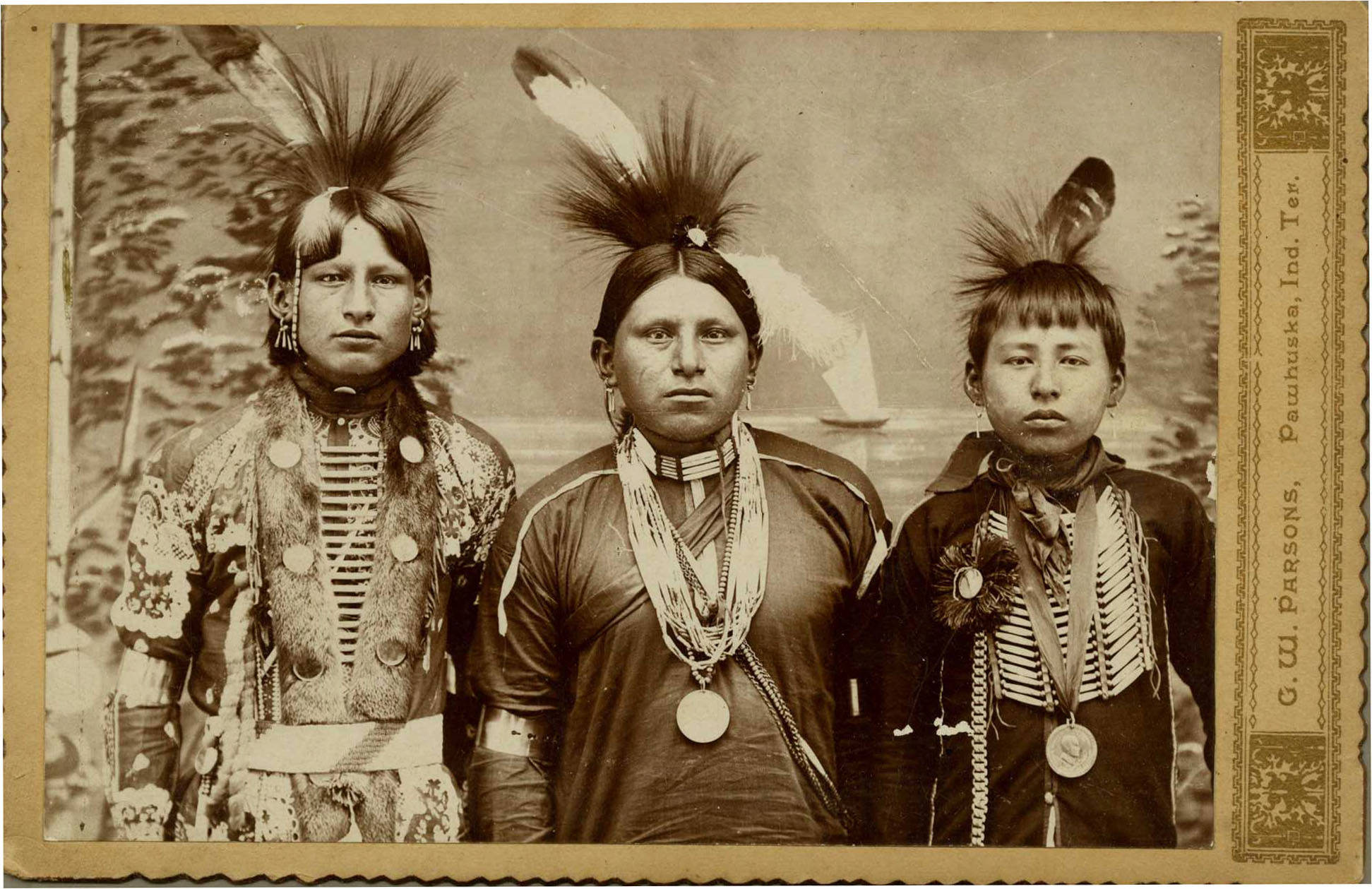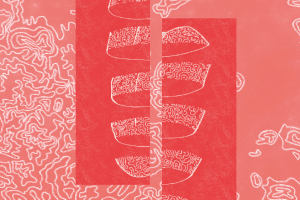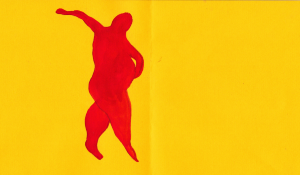
When a Language Dies
by Anya Metzer | November 27, 2014
In February 2014, Hazel M. Sampson passed away in Washington, and with that death the world lost the last native speaker of the Klallam language of British Columbia and Washington’s Olympic Peninsula. Wikipedia catalogues 92 such extinct languages, and obsolescence, the extinction of language, is an accelerating force: in 2001 there were 6912 distinct languages in the world, a number estimated to halve by 2101. A language is considered dead when there are no more native speakers and the new generation is not socialised in the language.
In cases where languages are restricted to small geographical areas natural disaster, disease or genocide can annihilate a dialect. What is more commonly seen, however, is the slower erosion of a language, where bilingual residents shift allegiance from a regional ‘heritage’ language towards a dominant mode of speaking, either for reasons of prestige and economic viability, or on the insistence of a regime which enforces homogeneity of expression.
This linguistic imperialism exploits obsolescence (language loss) as a tool for political capital, an example of Foucault’s notion of ‘governmentality’ extending beyond state mandate and into managing the private lives of citizens. Other scholars argue that the natural evolution of languages requires some to expire, and that projects revitalising endangered tongues are inherently counter to this survival of the fittest. Ascertaining this ‘linguistic capital’ renders language a commodity whose market value cannot be esteemed above ability to enable communication.
However, the significance we accord language exceeds the mere transaction of information and we acknowledge its role in uniting a people, and shaping their engagement with the world. The preservation of minority dialects, and any sorrow attached to their demise, suggests that we attribute importance to the means of communicating and appreciate the merit of varied modes of expression. Coleridge asserted, ‘Language is the armoury of the human mind; and at once contains the trophies of its past and the weapons of its future conquests’. What do we stand to lose in the battlefield of language death?
Globalisation and imperial ambition account for much language death. The European languages instigated for colonial governance penetrated into civilian life, and with them came the European model of a nation-state united by a single common tongue. Alongside the passive spread of introduced languages came aggressive practices of discrimination. One of the last speakers of Siberia’s Tofa language records how at his village school ‘Lessons were in Russian only, and I couldn’t understand anything. The teacher…used to beat me when I couldn’t answer in Russian.’ While previously language evolution and cross-pollination had allowed permutations and dialects to emerge, the rejection of Creole and ‘pidgin’ languages as defective and subsidiary formed part of an educational trend in Europe to canonize and calcify ‘true’ versions as the only authentic modes of communication.
The disappearance of languages creates the question of preservation versus surrender: the number of speakers dwindles to an unsustainable handful, who themselves grope for idioms and esoteric grammar rules. As a dialect slips into disuse, the encroachment of English seems inevitable in a world where German universities have recently decided to incorporate Anglophone teaching. Small languages struggle to prove themselves relevant. The vocabulary of fisherfolk Gaelic was not, in linguist Dorian’s words, ‘lexically impoverished’, but it was not fashioned for the modern world: ‘…the richness of the lexicon was chiefly connected with their own specialized way of life…When I acquired the dialect I learned the names of more varieties of seaweed than I had ever known existed…But, not surprisingly, there were no words for the parts of a car or for the National Health Service.’
The bespoke nature of the vocabulary necessitates that, when the lifestyle fades away, the community faces isolation in a world unable to interpret their utterances. Encouraging these peoples to cling to endangered languages seems a less worthwhile enterprise when it entails the community fossilizing and retarding development. Hebrew remains the only example of a language revitalised from extinction, with Irish, Welsh and Hawaiian seeing some success in resuscitation. The Irish Revivalist movement sought to cast off English as the verbal manifestation of the Anglicization which branded them a colonized people, resonant of Spivak’s notion of the ‘Subaltern’ who are simultaneously silenced in their own voices and excluded from mainstream discourse, thus rendering them no longer capable of occupying a space that is fully human.
Cultural hegemonies which insist on the primacy of ‘global’ as opposed to ‘local’ dialects and forms of linguistic production fail to account for the formative as well as expressive nature of languages, and the ways they act as corollaries to the communities who fashion them. Kandler, Unger and Steele argue that defining a community through shared expression ‘selectively facilitates and inhibits interaction, enables entry into social contracts and cooperative exchange and gives access to a reservoir of accumulated and linguistically encoded knowledge.’ The idea of ‘linguistically encoded knowledge’ suggests that, for all the effort exerted in translation and interpretation, not every concept can be articulated in every tongue, and that when languages are lost, the world is denied a particular alchemy to convert sensation into enunciation.
Perusing the many lists of words idiosyncratic to one language proves the various experiences and phenomena which cultures deem worthy of naming. Says Nabokov, ‘No single word in English renders all the shades of [the Russian word] toska whose application spans ‘great spiritual anguish’ through to ‘vague restlessness’ and reaches down to nostalgia and ennui. Milan Kundera similarly struggles to translate an emotional state easily grasped in Czech by the single word litost lamenting: ‘I have looked in vain in other languages for an equivalent, though I find it difficult to imagine how anyone can understand the human soul without it.’ It is understood to capture the agony and torment of suddenly seeing one’s own misery.
The wisps and traces of a national or cultural psyche that can be glimpsed from the ready existence of this term invite us to examine whether this is a feeling that can be accessed without acknowledging its existence in the lexis. Many people will tenderly run their fingers through someone’s hair but is it imbued with more meaning in Brazilian Portuguese when they can conjure this act succinctly: cafuné? It isolates the activity as itself worthy of a name alongside kissing or embracing, while in English it is relegated to status of needing full explanation of the hands, the hair, the fondness with which the act is conducted. Does this indicate a British squeamishness around the tactile and sensual, a nation which can wince, twitch, flinch, grimace and cringe? Similarly, English offers us multiple ways to describe rainy weather – drizzling, pouring, showering, sleeting – but the green and pleasant land has not yielded an equivalent to the exquisite Japanese komorebi, which describes the dappled light effect of sunlight falling through trees. An evocative illustration of a cultural disposition comes in the almost utterly untranslatable ilunga, a Tshiluba word for a person willing to forgive a first abuse, tolerate a second but never forgive nor tolerate a third instance. This patience and its shadow stubbornness must exist elsewhere in the world but crystallising it designates its importance in the social codes of the society, and, I would posit, generates an increased requirement for the word itself, a symbiotic relationship of phenomenon being reified in language and then diagnosed more quickly and more frequently.
When languages die, they silence means of understanding and, as in the different ways languages divide the colour spectrum, can even put an end to the way we employ our own sensory faculties. We must decolonize the legitimacy of dialects, hybrid languages and creoles and embrace, where the communities desire it, the preservation and rejuvenation of languages. The efficacy of these methods must be refined or we stand to lose articulations and understandings that define and fortify the communication and expression of the peoples of our planet.




